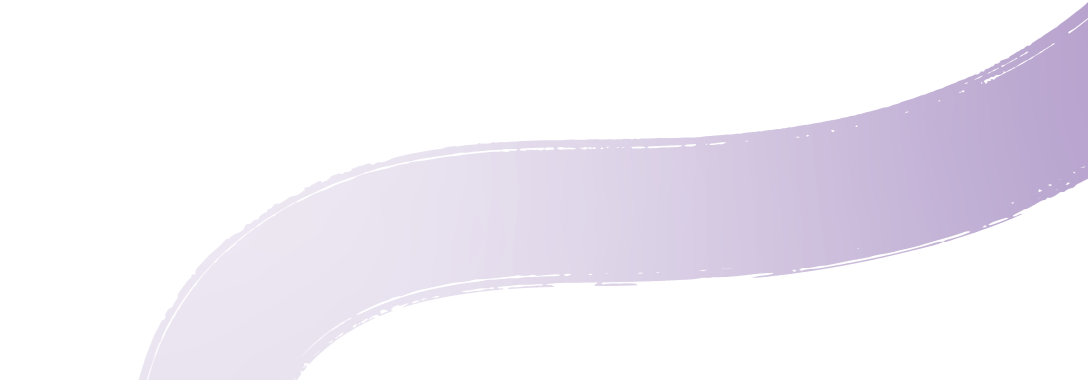Children’s safety, health and wellbeing is our key priority. Early Learning Victoria recognises that staff may occasionally be required to assist other agencies to prevent harm occurring to children in their home or in the community including by conducting appropriate investigations.
1. Scope
This policy applies to children, families, staff, management and visitors of Early Learning Victoria centres. This includes volunteers, students on placement and contractors or labour hire employees of Early Learning Victoria.
2. Policy statement
Nominated supervisors can facilitate interviews with children at a centre, at the request of child protection workers, when they consider it is appropriate to do so and in accordance with this policy.
A nominated supervisor or authorised staff member can be an independent supportive adult during an interview process conducted at the centre if it is in the child’s best interests to do so, taking into account any views expressed by the child.
Centres must keep written records of decisions made under this policy, and relevant details of interviews conducted with a child whilst at the centre.
2.1 Requirements
If a child protection worker seeks to meet or speak with a child while they are at a centre, a nominated supervisor can facilitate this if the nominated supervisor is satisfied that:
- the centre is the only appropriate location for the interview to take place
- the only time the interview can occur is whilst the child is at the centre
- there are reasonable grounds for seeking to exclude the parents or carers from the interview and have the interview conducted at the centre with a centre staff member supporting the child during the interview, and
- it is appropriate to do so in all the circumstances, taking into account the child’s best interests.
In addition, nominated supervisors must consider any relevant human rights contained in the Charter of Human Rights and Responsibilities Act 2006, including the child’s right to protection in their best interests, the impact on their family unit and any cultural rights. For example, consider:
- the child’s rights to protection from harm as is in the child’s best interests, and is needed by the child by reason of being a child
- how having the interview at the centre may affect the child’s family unit and whether or not there is any less restrictive arrangement that would not unreasonably compromise the child’s safety and wellbeing, and also be engaging with their family
- the cultural background of the family and centre community and any negative impact on child engagement at the centre of a known Child Protection presence.
A nominated supervisor may decide it is appropriate for an interview to occur where Child Protection are investigating allegations of abuse involving parents, carers, siblings, other members of the child’s family, or a person with some relationship to the family and it is not appropriate for parents to be involved in the interview.
If a nominated supervisor decides to allow a child protection worker to meet with a child at the centre, they must ensure that they obtain or cite appropriate identification establishing the identity and authority of the person conducting the interview.
The nominated supervisor must keep written records of decisions made under this policy, the names and contact details of the person the child is meeting with, any information about contacting parents or carers and the names of all persons participating in the interview.
If a staff member supports a child during an interview, notes should be kept of the support provided to the child. Notes need not be made of the information that is provided by the child to the interviewer.
The Department of Education’s (the department) Legal Division can provide advice and support to nominated supervisors, as needed by email legal.services@education.vic.gov.au or phone 03 9637 3146.
3. Actions and procedures
3.1 Information for families
It is the responsibility of Child Protection to advise the parents and carers of the interview at the earliest possible opportunity. This should occur either before, or by the time, the child is collected from the centre.
Nominated supervisors may advise parents and carers of the interview but, wherever possible, must take into account the views of the child protection worker as to the timing of this contact and whether or not this should occur. Parents and carers can direct their concerns about the interview process to Child Protection.
3.2 Responsibilities of staff
The nominated supervisor must consult with the Area Manager and Director Early Learning prior to a child protection interview taking place at the centre. Nominated supervisors can facilitate interviews with children at a centre, at the request of child protection workers when it is considered appropriate to do so and the request has been discussed the Area Manager and Director Early Learning.
When a nominated supervisor decides to facilitate interviews between a child and Child Protection at a centre, in the absence of parents or carers, this Child protection interview policy gives children the right to have a supportive adult present during the interview process.
A nominated supervisor or their delegate may act as a supportive adult when the child is being interviewed, if the nominated supervisor is satisfied that doing so is in the child’s best interests, taking into account any views expressed by the child.
Prior to the commencement of the interview, Child Protection should always authorise the supportive adult to receive information regarding the Child Protection investigation. This should be provided at least orally, though preferably in writing using the relevant Child Protection proforma. A record of this authorisation should be retained on the file at the centre.
The role of the supportive adult in Child Protection interviews is:
- to support the child’s wellbeing throughout the process
- to assist the child to understand the information being provided by the child protection worker and
- to assist the child to provide information to the child protection worker only to the extent that the child indicates that they want to do this.
If a child expresses that they do not wish to have a supportive adult in the interview room, the supportive adult must leave but advise the child and child protection worker that they will remain outside the interview room for the duration of the interview and the child may stop and leave the interview to speak with the supportive adult at any time they choose.
4. Resources
Legislation and standards
- Charter of Human Rights and Responsibilities Act 2006
- Children, Youth and Families Act 2005
Related policies
- Child safety and wellbeing policy
- Protecting children policy
Updated

